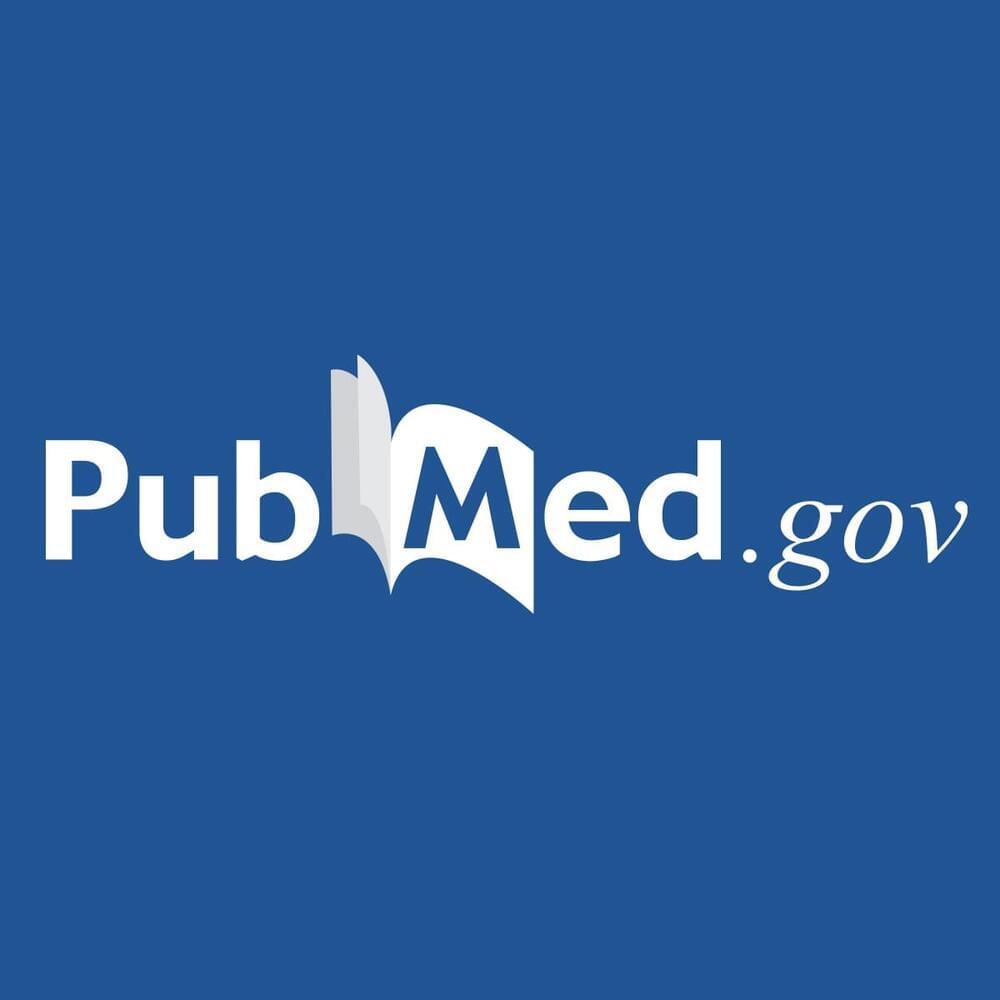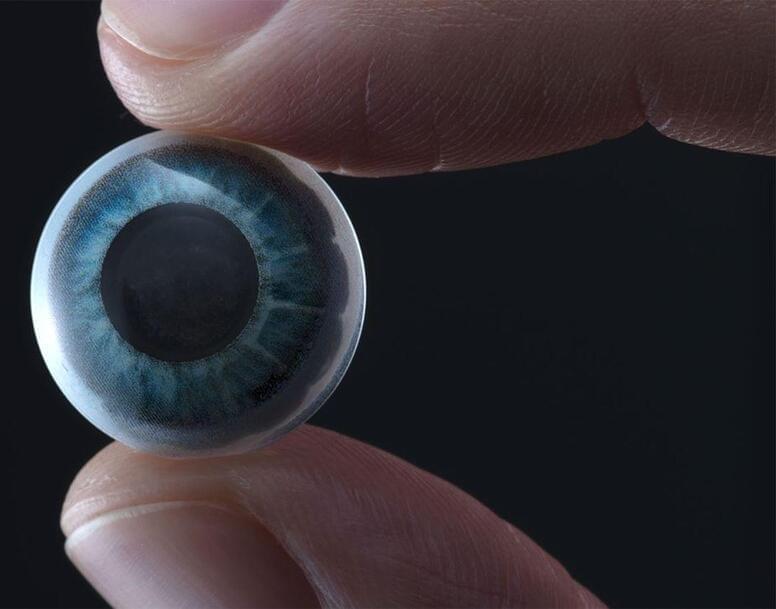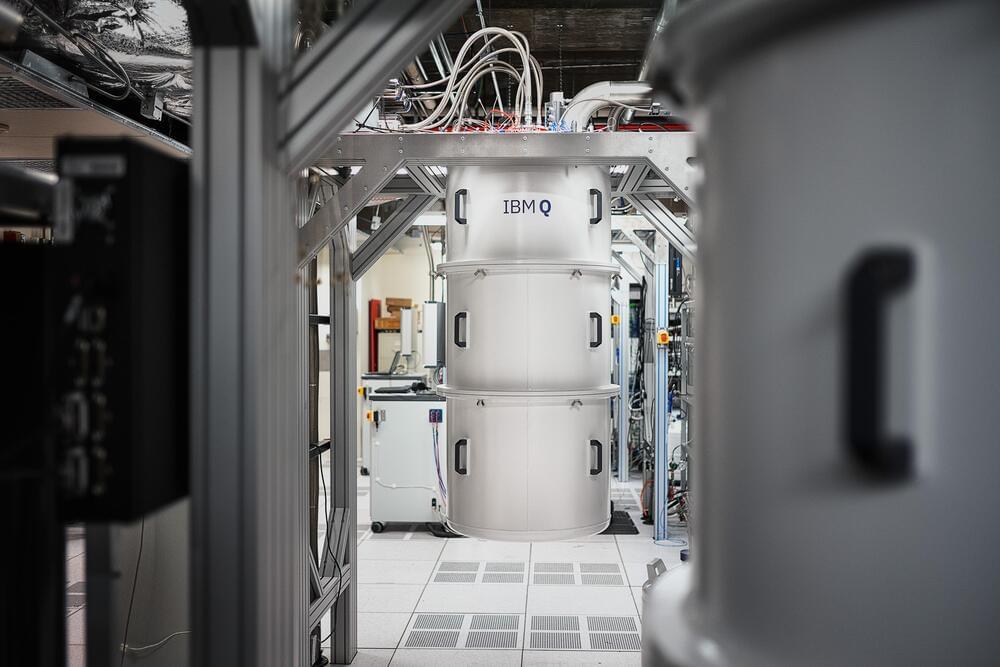A 3D printing technique can incorporate invisible tags into objects. The process could be used to keep the convenience of QR codes without making them visible, as well as to turn simple objects into videogame controllers.




Circa 2017
Schizophrenia is a genetically related mental illness, in which the majority of genetic alterations occur in the non-coding regions of the human genome. In the past decade, a growing number of regulatory non-coding RNAs (ncRNAs) including microRNAs (miRNAs) and long non-coding RNAs (lncRNAs) have been identified to be strongly associated with schizophrenia. However, the studies of these ncRNAs in the pathophysiology of schizophrenia and the reverting of their genetic defects in restoration of the normal phenotype have been hampered by insufficient technology to manipulate these ncRNA genes effectively as well as a lack of appropriate animal models. Most recently, a revolutionary gene editing technology known as Clustered Regularly Interspaced Short Palindromic Repeats (CRISPR)/CRISPR-associated nuclease 9 (Cas9; CRISPR/Cas9) has been developed that enable researchers to overcome these challenges. In this review article, we mainly focus on the schizophrenia-related ncRNAs and the use of CRISPR/Cas9-mediated editing on the non-coding regions of the genomic DNA in proving causal relationship between the genetic defects and the pathophysiology of schizophrenia. We subsequently discuss the potential of translating this advanced technology into a clinical therapy for schizophrenia, although the CRISPR/Cas9 technology is currently still in its infancy and immature to put into use in the treatment of diseases. Furthermore, we suggest strategies to accelerate the pace from the bench to the bedside. This review describes the application of the powerful and feasible CRISPR/Cas9 technology to manipulate schizophrenia-associated ncRNA genes. This technology could help researchers tackle this complex health problem and perhaps other genetically related mental disorders due to the overlapping genetic alterations of schizophrenia with other mental illnesses.
Keywords: CRISPR/Cas9; gene editing; lncRNAs; miRNAs; non-coding RNAs; schizophrenia.



Circa 2020
A startup has built what it claims is the “world’s first true smart contact lens” with an embedded display that would bring augmented reality experiences closer to your eyeball than ever before.
The company is called Mojo Vision, and its Mojo Lens is the culmination of over a decade of research, development, and patent filings (it’s racked up over 100 patents to date). While it’s not shipping a product (yet), the company is currently demonstrating a working prototype.
“After extensive research, development, and testing, we are excited to reveal our product plans and begin sharing details about this transformative platform,” said Drew Perkins, CEO at Mojo Vision. “Mojo has a vision for Invisible Computing where you have the information you want when you want it and are not bombarded or distracted by data when you don’t. The technology should be helpful, and it should be available in the moment and fade away when you want to focus on the world around you.”

The ground beneath our feet and under the ocean floor is an electrically-charged grid, the product of bacteria “exhaling” excess electrons through tiny nanowires in an environment lacking oxygen.
Yale University researchers have been studying ways to enhance this natural electrical conductivity within nanowires 1/100,000th width of a human hair by identifying the mechanism of electron flow.
Bacteria producing nanowires made up of cytochrome OmcS. (Image: Ella Maru Studio)



Forty years after it first began to dabble in quantum computing, IBM is ready to expand the technology out of the lab and into more practical applications — like supercomputing! The company has already hit a number of development milestones since it released its previous quantum roadmap in 2020, including the 127-qubit Eagle processor that uses quantum circuits and the Qiskit Runtime API. IBM announced on Wednesday that it plans to further scale its quantum ambitions and has revised the 2020 roadmap with an even loftier goal of operating a 4,000-qubit system by 2025.
Before it sets about building the biggest quantum computer to date, IBM plans release its 433-qubit Osprey chip later this year and migrate the Qiskit Runtime to the cloud in 2023, “bringing a serverless approach into the core quantum software stack,” per Wednesday’s release. Those products will be followed later that year by Condor, a quantum chip IBM is billing as “the world’s first universal quantum processor with over 1,000 qubits.”
This rapid four-fold jump in quantum volume (the number of qubits packed into a processor) will enable users to run increasingly longer quantum circuits, while increasing the processing speed — measured in CLOPS (circuit layer operations per second) — from a maximum of 2,900 OPS to over 10,000. Then it’s just a simple matter of quadrupaling that capacity in the span of less than 24 months.